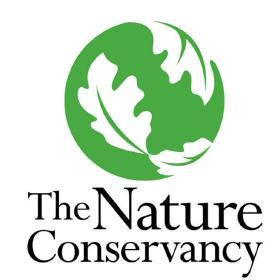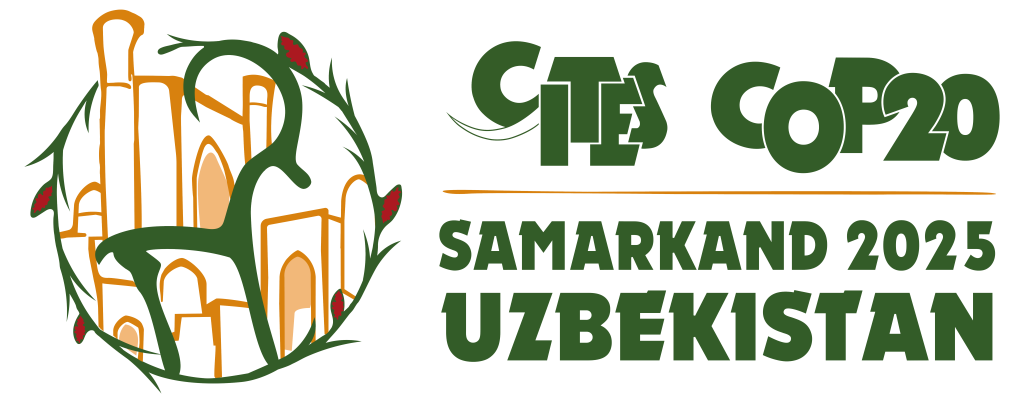USA, Arlington, Virginia
This story began in 1915 with the formation of the Ecologists Union in the USA, which changed its name to The Nature Conservancy (TNC) in 1950. The next major change came in 1954, when TNC established local chapters and field offices across the USA. Today, TNC is one of the giants among environmental NGOs. Not least because it has assets worth seven billion US dollars and an annual budget of around one billion US dollars to spend on operations.
TNC’s mission, according to its website, is to ‘conserve the lands and waters on which all life depends’. To achieve this end, TNC uses two main instruments. The traditional one is conservation easements, which are voluntary legal agreements that limit land usage in perpetuity. And the novel one, which is gaining in importance, is debt-for-nature swaps, which involve settling or ameliorating an owner’s or sovereign power’s debts, in return for giving TNC ownership or control of a defined area of land or water.
According to TNC’s website, it controls, in some form, in excess of ‘125 million acres of land in more than 70 countries’. TNC also claims to be actively involved in more than 100 marine conservation projects. One of these is in the Seychelles, where in 2015 TNC restructured USD21.6m of the nation’s debt that was held by the Paris Club. In return, TNC secured joint territorial authority, in equal measure to the Seychelles’ sovereign power, over a vast marine protection zone equivalent in size to Germany. This area is now off limits to industrial development and commercial fishing.
TNC is part of a growing movement among NGOs which campaign to place off limits at least 30 percent of the world’s oceans, in areas known as marine protection zones.
Leaders
Keith Arnold, Chief of Staff. Jennifer Morris, CEO. Jeffrey Parrish, Global Managing Director for Protect Oceans, Lands and Water. Mike Sweeney, Director and Managing Director of Global Fisheries.
Governance
Board of 22 people, chaired by Frances A. Ulmer. Executive Council composed of its Chief of Staff, CEO, Global Managing Director for Protect Oceans, Lands and Water and other key employees.
Finances
According to its audited accounts, TNC received one billion two hundred and fifty million US dollars in revenue in 2020, of which nine hundred and eighty million was used for expenses. According to Influence Watch, TNC has been investigated concerning a $1.5 million home loan to the TNC president, and free housing and vehicles provided to employees. In addition it has been suspected of ‘using conservation easements to provide significant tax breaks to wealthy donors seeking to build large homes on land otherwise closed to development’.



